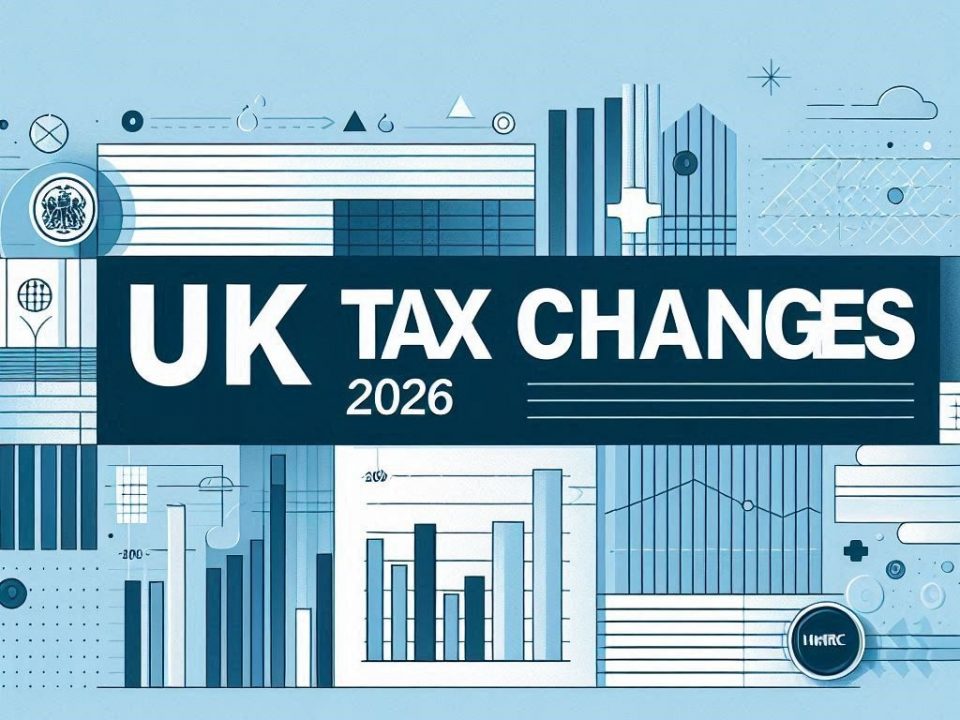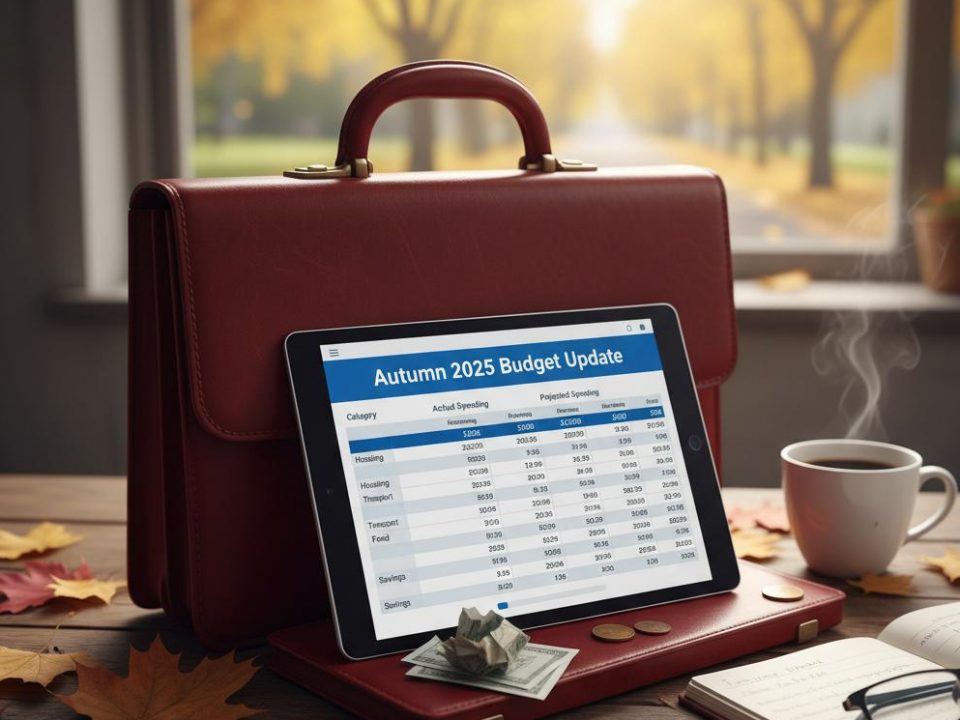Making Tax Digital for Income Tax (MTD ITSA) – Everything You Need to Know for 2026
October 2, 2025How to File a Self Assessment Tax Return in the UK (Step-by-Step Guide)
October 10, 2025How to Calculate Capital Gains Tax (CGT) in the UK
Capital Gains Tax (CGT) is a tax you pay on the profit (or ‘gain’) made when you sell or dispose of an asset that has increased in value. This can include property, shares, cryptoassets, or business assets. Knowing how to calculate Capital Gains Tax correctly ensures you stay compliant with HMRC and avoid unnecessary penalties.
1. Identify the Asset and Disposal Date
Capital Gains Tax applies when you sell, gift, exchange, or otherwise dispose of an asset. The disposal date is typically the date contracts are exchanged, not the date funds are received. This is important for reporting the gain in the correct tax year.
2. Work Out the Sale Proceeds
The sale proceeds are the amount you received for the asset. If you gifted the asset, you use the market value on the date of disposal. HMRC expects the valuation to be fair and reasonable.
Read more on market value of the asset
3. Deduct the Allowable Costs
To calculate the gain, deduct any allowable costs from the sale proceeds. These typically include:
- The original purchase price of the asset
- Legal fees, survey costs, and estate agent fees
- Costs of improvement (not general maintenance)
For property, for example, the cost of adding an extension is allowable, but painting or decorating is not.
4. Apply Any Reliefs or Exemptions
You may be entitled to reliefs that reduce the taxable gain. Common examples include:
- Private Residence Relief if the property was your main home
- Lettings Relief in specific cases
- Business Asset Disposal Relief (BADR) for qualifying business disposals
- Gift Hold-Over Relief when gifting business assets
Each relief has specific eligibility rules, so it’s important to review HMRC guidance or seek professional advice.
5. Deduct the Annual Exempt Amount
Every individual has an annual CGT allowance, known as the Annual Exempt Amount. For the 2025/26 tax year, the allowance is £3,000. Gains up to this amount are tax-free. If your total gains are below the allowance, no tax is due, but you may still need to report the disposal to HMRC in some cases.
6. Work Out the Taxable Gain
Once you’ve deducted all allowable costs, reliefs, and the annual exemption, the remaining figure is your taxable gain. If you’ve sold multiple assets in the same tax year, total your gains and deduct total allowable losses before applying the exemption.
7. Apply the Correct Tax Rate
The tax rate depends on your total taxable income and the type of asset:
- Residential property: 18% for basic rate taxpayers, 24% for higher or additional rate taxpayers
- Other chargeable assets: 10% for basic rate taxpayers, 20% for higher or additional rate taxpayers
To determine which rate applies, add your taxable gains to your taxable income. If this pushes you into a higher tax band, part of your gain may be taxed at the higher rate.
Capital Gains Tax: what you pay it on, rates and allowances
8. Report and Pay CGT to HMRC
For residential property disposals, CGT must be reported and paid within 60 days of completion using HMRC’s online property return. For other assets, gains are declared on your Self Assessment tax return. Deadlines are strict, and interest and penalties may apply if you file late.
Reporting and paying Capital Gains Tax
Example: Calculating Capital Gains Tax on a Buy-to-Let Property
- Purchase price: £200,000
- Selling price: £300,000
- Legal and agent fees: £5,000
- Gain before reliefs: £95,000 (£300,000 − £200,000 − £5,000)
- Annual exemption: £3,000
- Taxable gain: £92,000
If you are a higher-rate taxpayer, the gain on residential property would be taxed at 24%, resulting in a CGT bill of £22,080.
Final Thoughts
Calculating Capital Gains Tax can seem straightforward, but reliefs, losses, and ownership structures can make it complex. Getting it wrong can lead to unexpected tax bills and penalties. Professional tax advice can help ensure you calculate CGT accurately and take advantage of all available reliefs.
For tailored advice on your capital gains and property tax planning, get in touch with a qualified accountant who specialises in UK tax.


